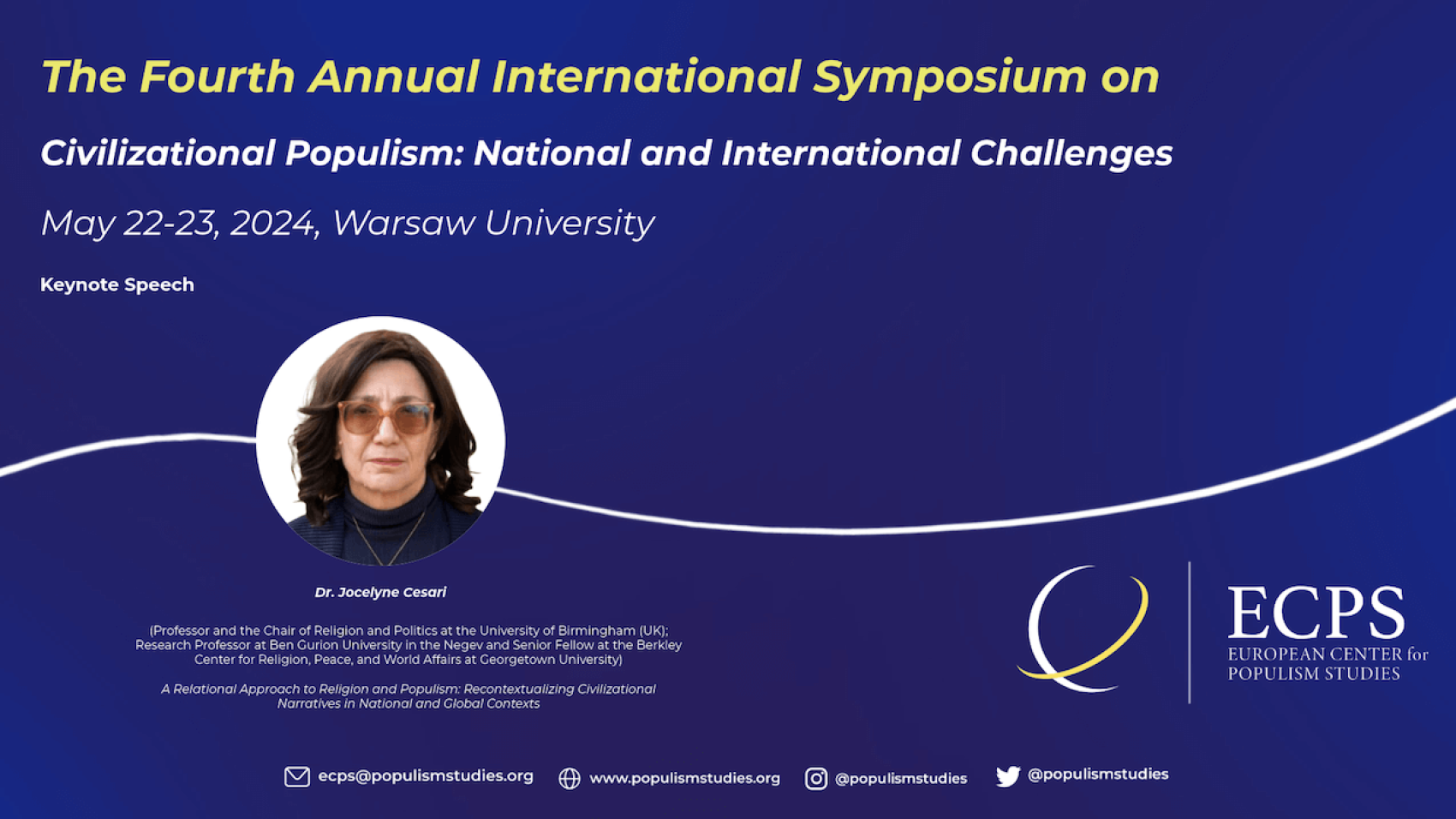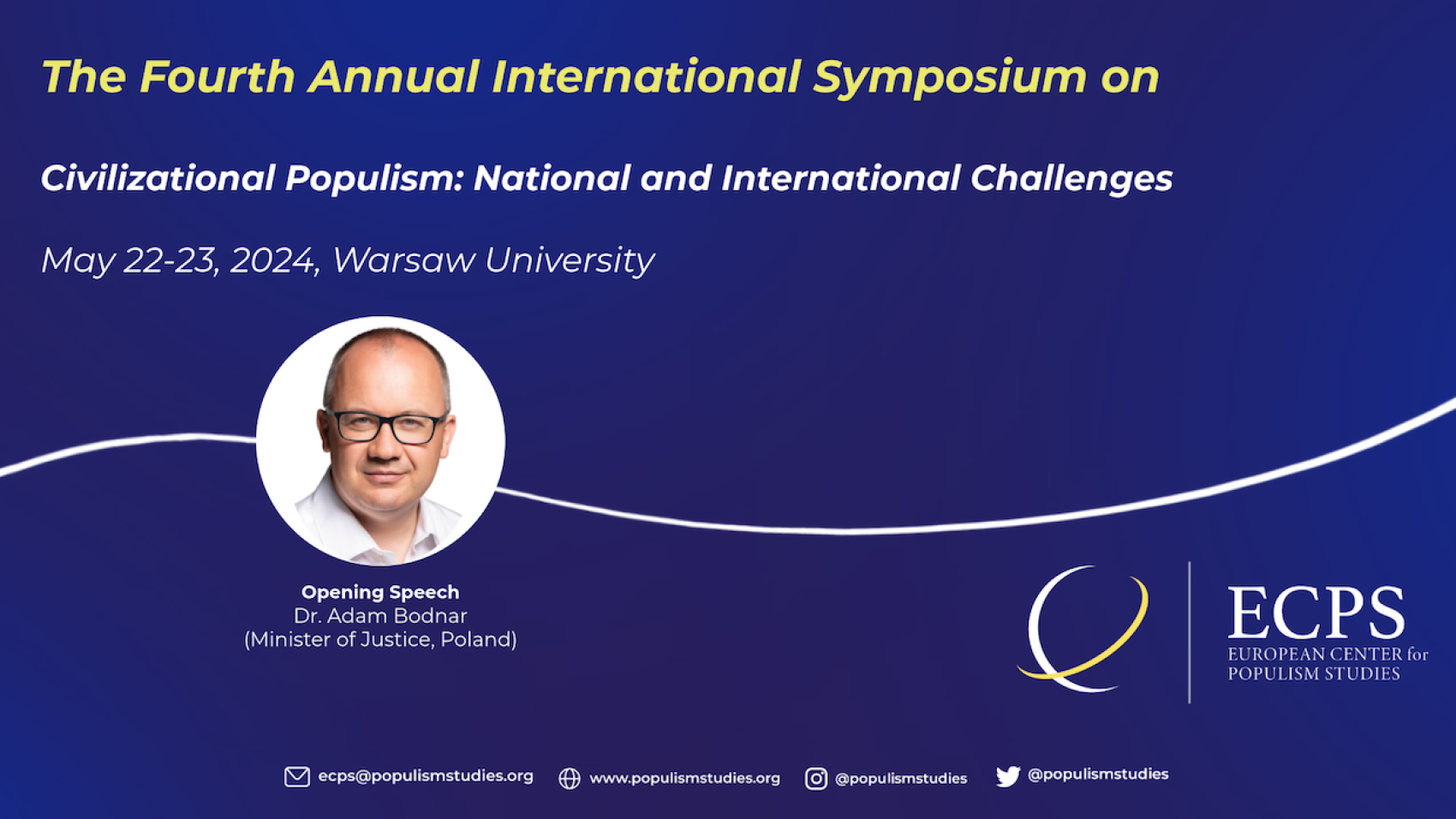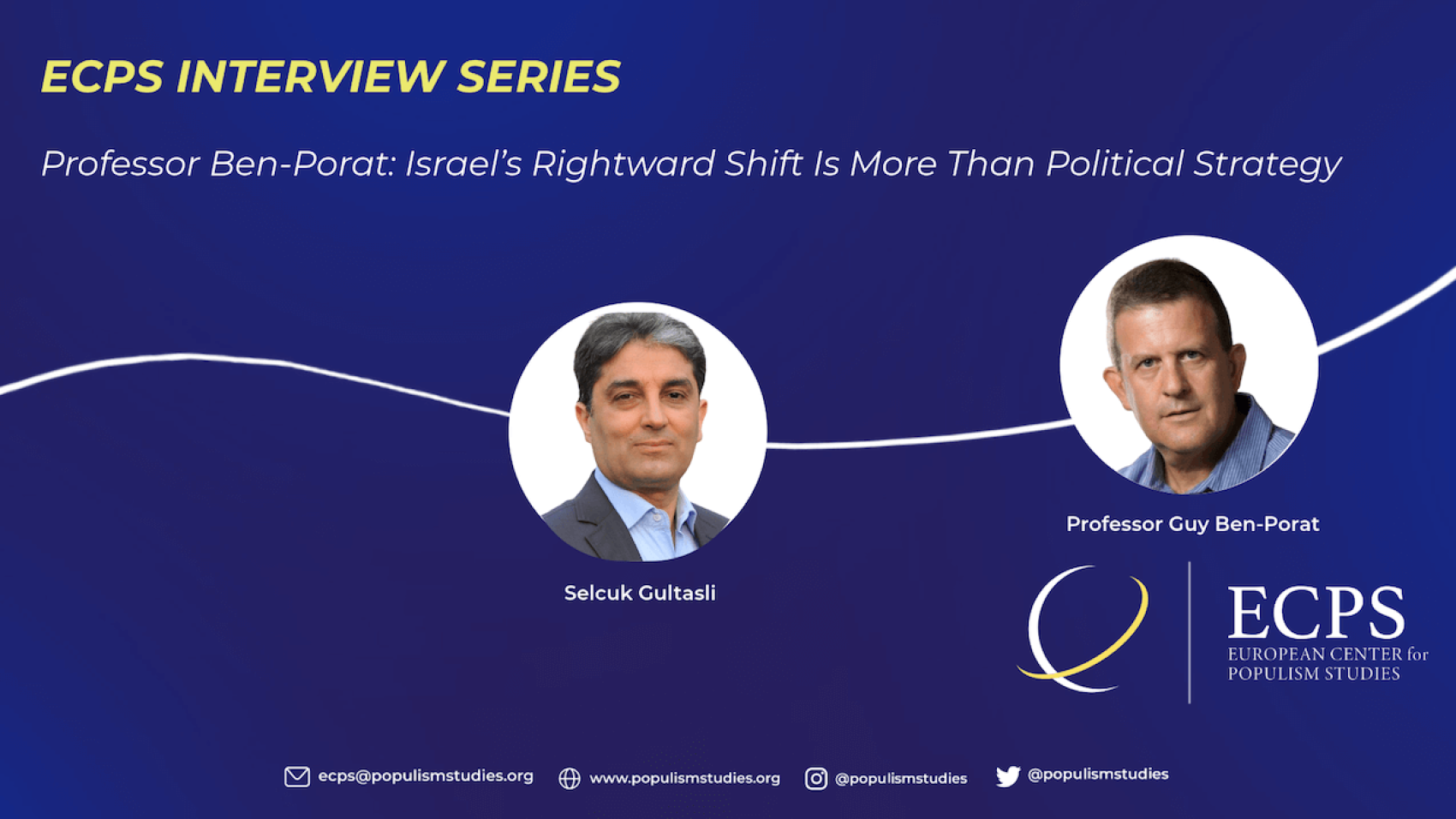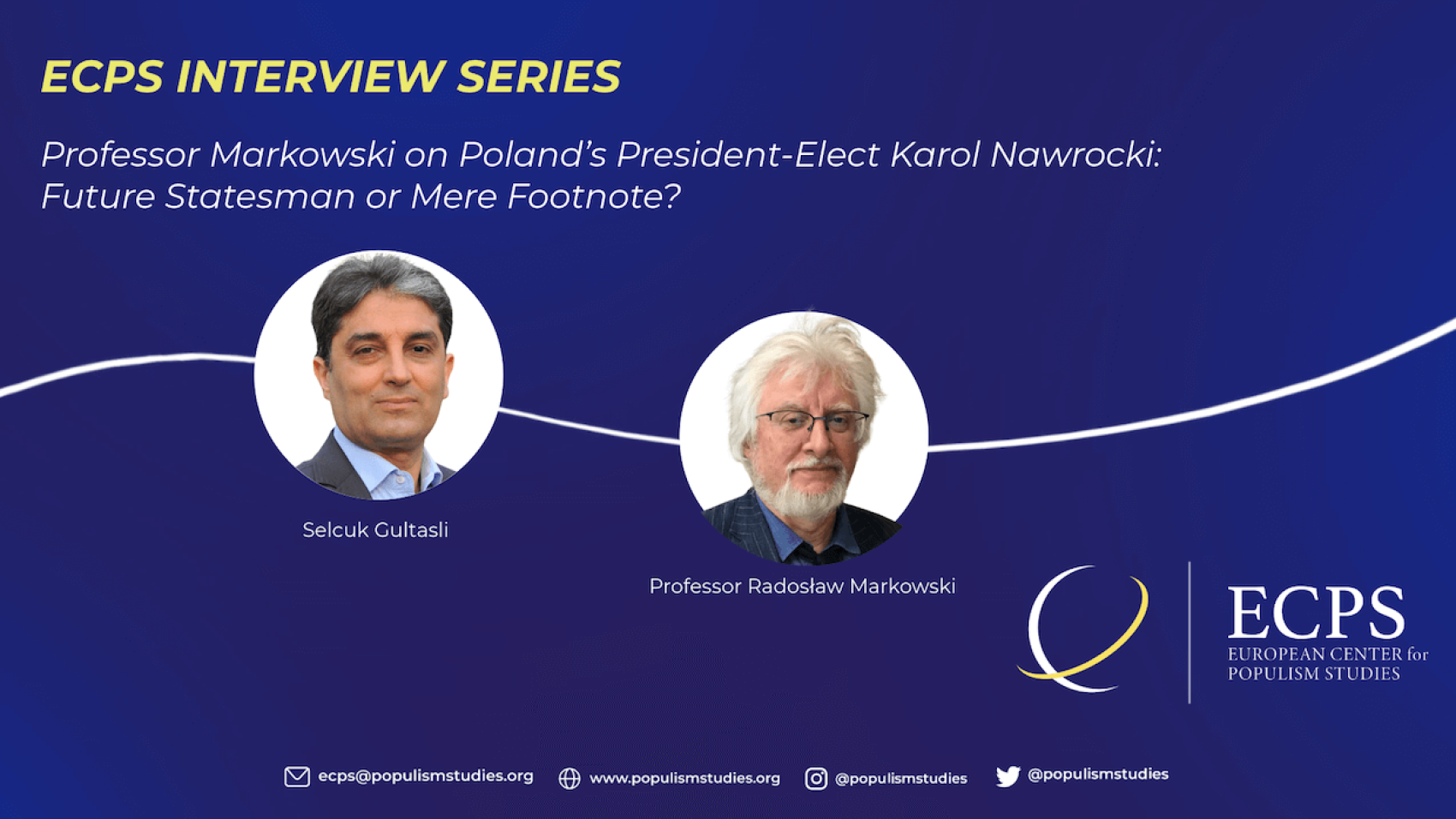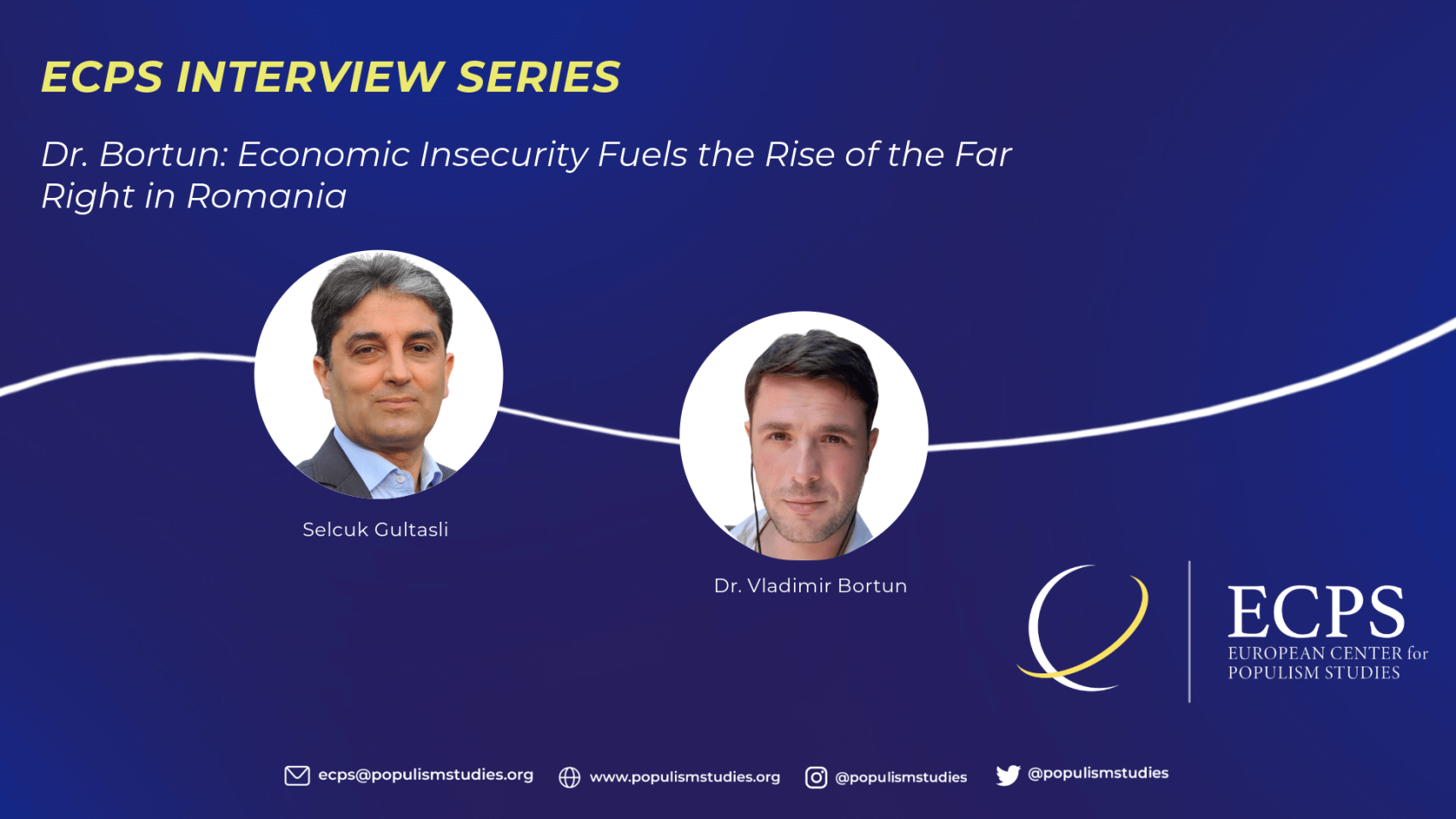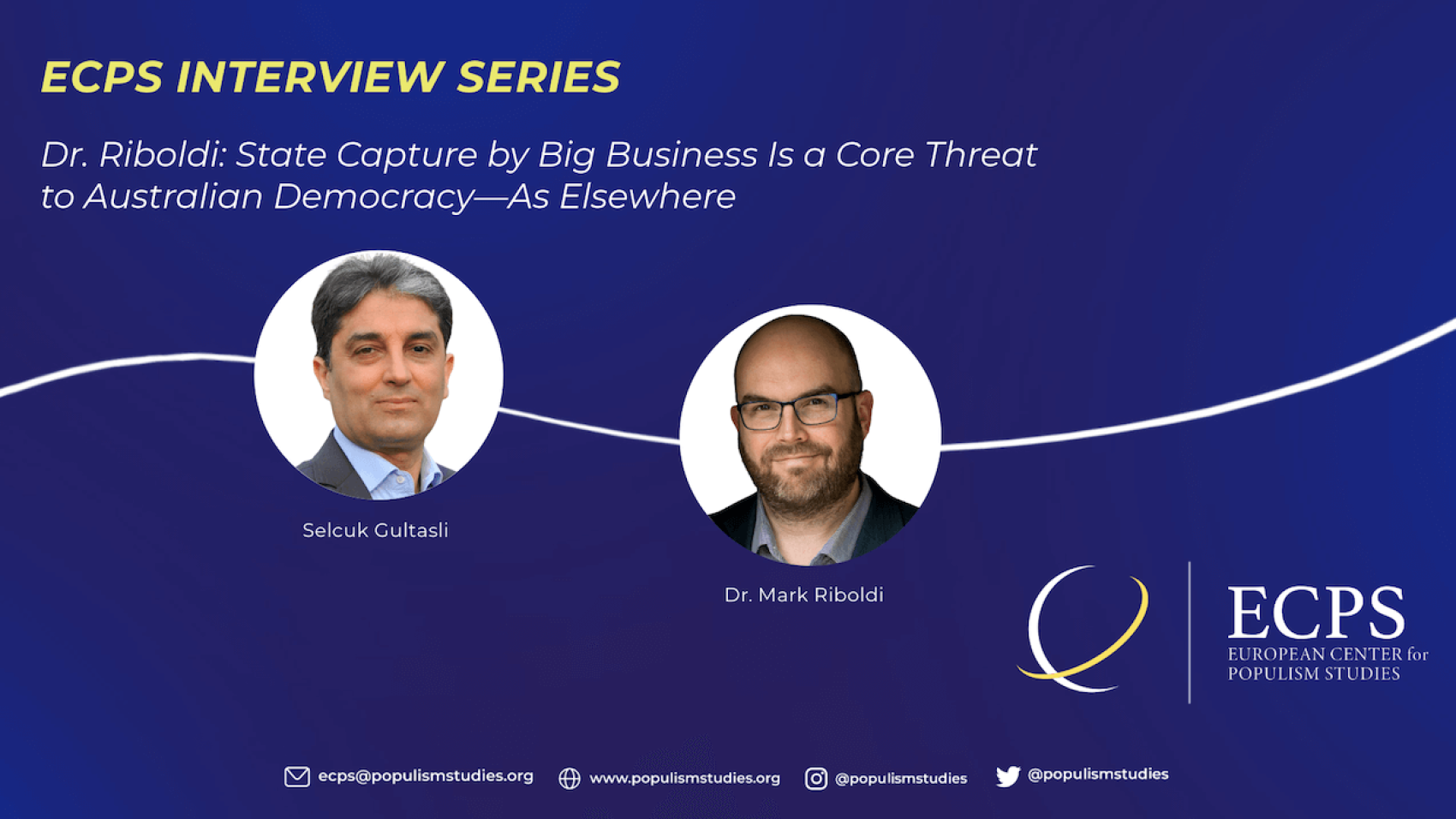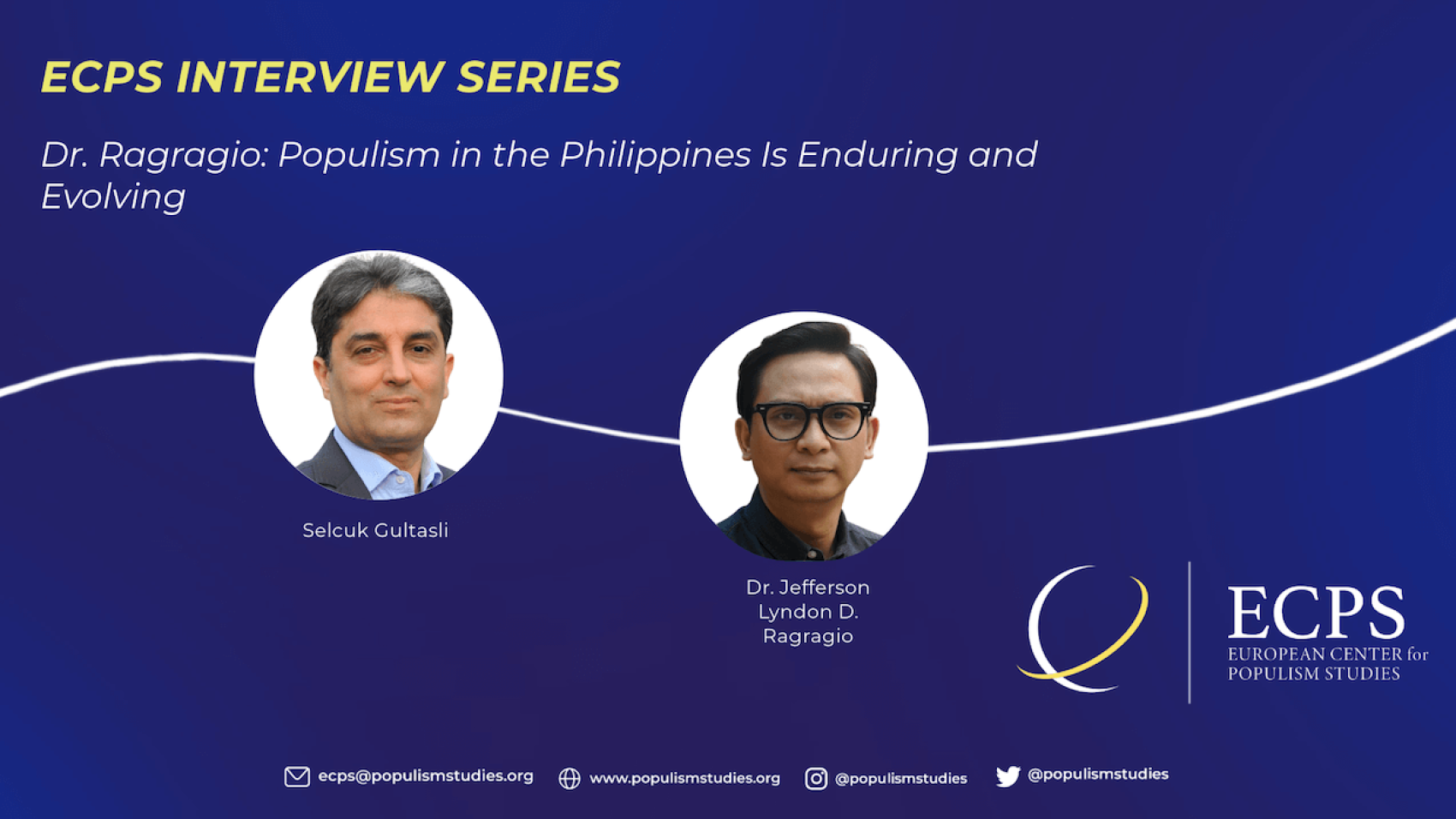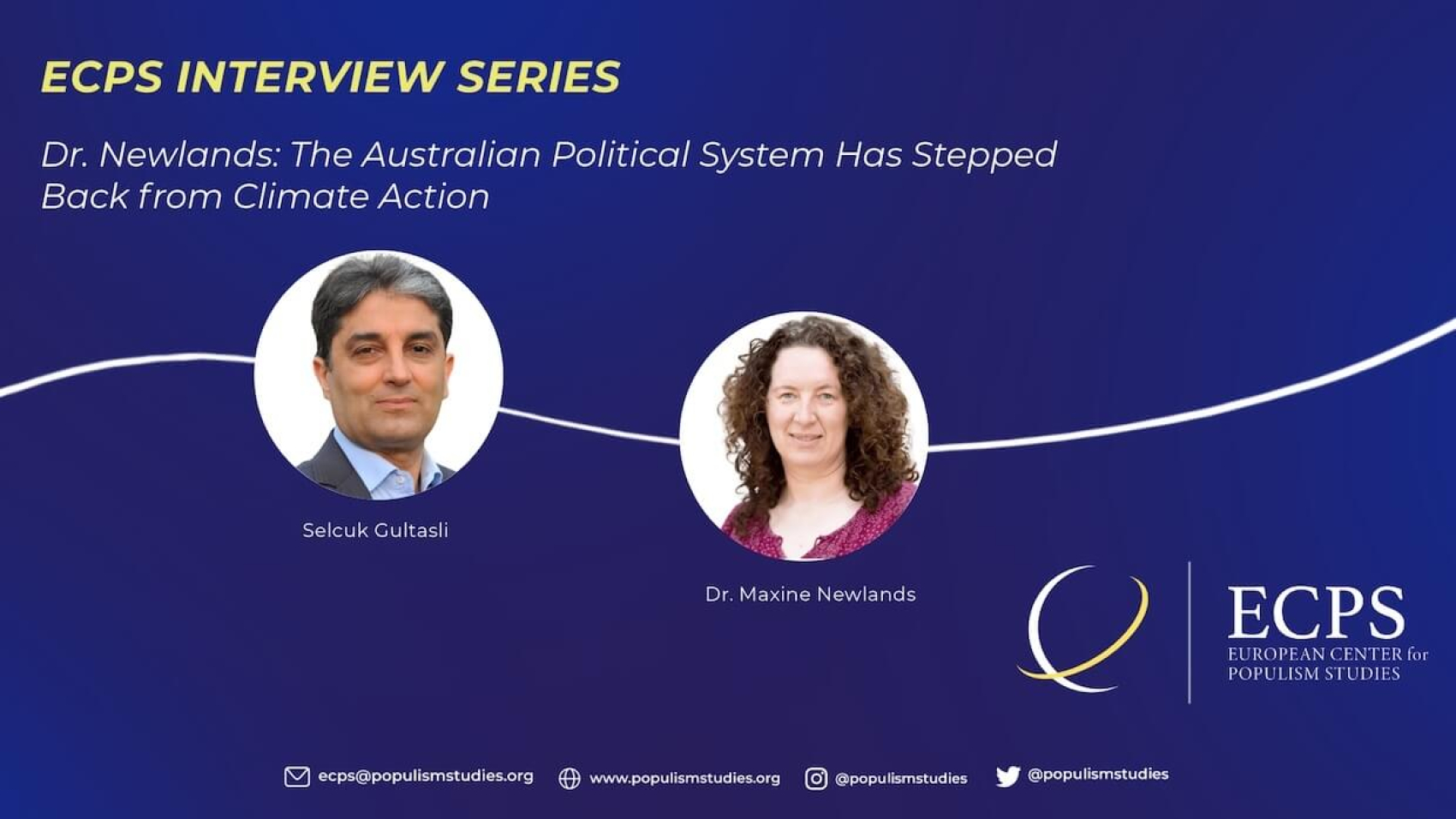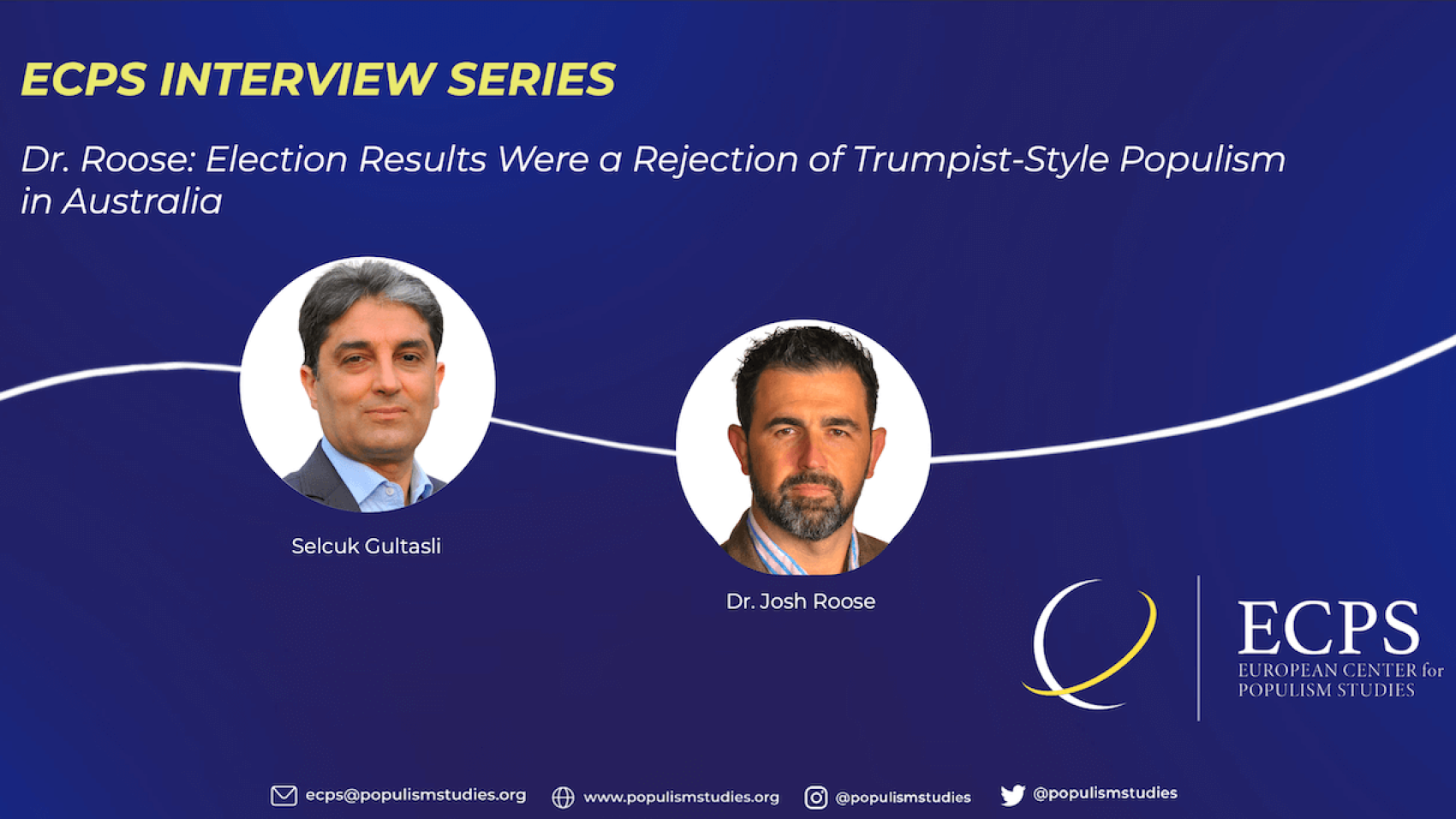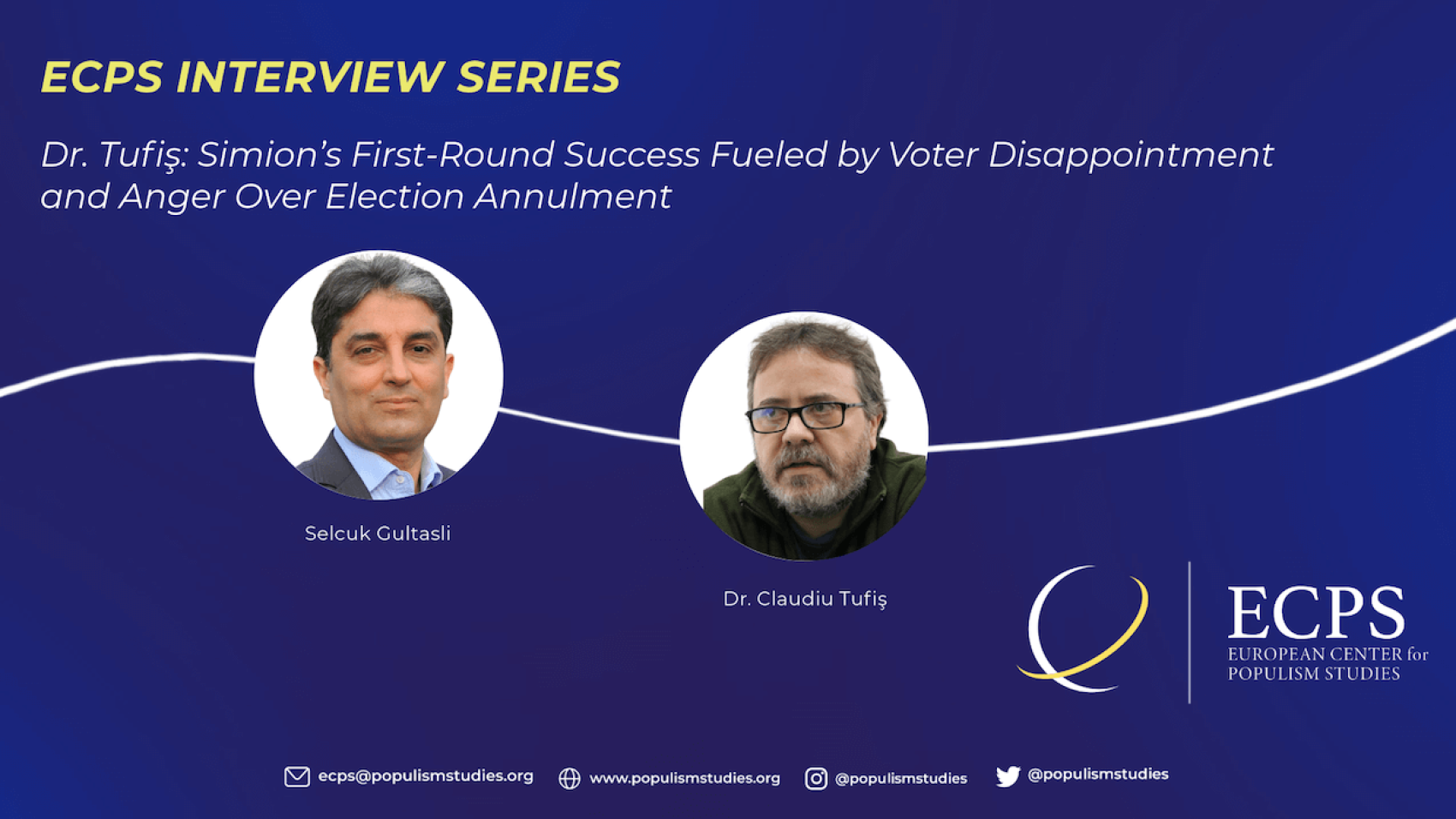In this compelling interview, Dr. Maxine Newlands—an expert in environmental politics and ocean governance—warns that the “Australian political system has essentially stepped back from climate change.” Speaking with ECPS, she highlights how rising polarization and populist denialism have rendered climate policy too risky for major parties. “Politicians avoid addressing it altogether,” she explains, noting that even terms like “climate change” were strategically omitted from campaigns. Dr. Newlands critiques the media’s role in spreading disinformation and urges a more pluralistic approach grounded in community voices, Indigenous knowledge, and the Blue Humanities. Her analysis provides a powerful lens into how populist narratives have reshaped Australia’s environmental politics and what it will take to restore trust and democratic inclusion in climate action.
Interview by Selcuk Gultasli
In this in-depth and timely interview with the European Center for Populism Studies (ECPS), Dr. Maxine Newlands—a leading expert on environmental politics, ocean governance, and media ecosystems—offers a powerful diagnosis of Australia’s political retreat from climate leadership. Drawing on over a decade of research on the Great Barrier Reef, climate denialism, and populist media strategies, Dr. Newlands, Adjunct Professor in Political Science at James Cook University, Queensland, Australia, outlines how environmental discourse has become increasingly politicized in ways that have paralyzed mainstream policymaking.
“Australian political system has essentially stepped back from [climate change],” she states early in the conversation, framing the issue as a casualty of polarization and populist backlash. As climate change rose in political salience over successive election cycles, so too did opposition to it—especially from the populist right, which “either denies climate change outright or downplays its severity.” This dynamic, according to Dr. Newlands, has left the major parties “highly risk-averse,” with climate no longer functioning as a credible electoral issue.
Reflecting on recent electoral patterns in Australian politics, Dr. Newlands underscores how the Morrison government deliberately avoided the term “climate change” during its campaign, fearing it had become a political liability. This conscious rhetorical avoidance, she argues, exemplifies how populist pressure has warped the national conversation, “creating a vacuum” that has since been filled by more radical or issue-specific groups, such as the Greens or environmental NGOs.
Throughout the interview, Dr. Newlands unpacks how this climate retreat has been reinforced by media manipulation, especially from Rupert Murdoch’s syndicates, and disinformation campaigns that have framed environmental regulation as a threat to sovereignty, jobs, and national identity. These narratives are particularly potent in resource-rich regions like Queensland, where “climate becomes intertwined with concerns over foreign influence” and where populist slogans—like “Don’t take my mining job, and I won’t take your soy latte”—gain traction.
Against this backdrop, she calls for renewed, pluralistic approaches to environmental governance—ones grounded in the arts, Indigenous knowledge systems, and the Blue Humanities—to “open up the narrative” beyond the rigid binaries of denial versus technocracy. In her view, it’s not enough to combat populism with more data or more policy: what’s needed is a new cultural imaginary—one capable of re-enchanting the public’s relationship with nature and democracy alike.

